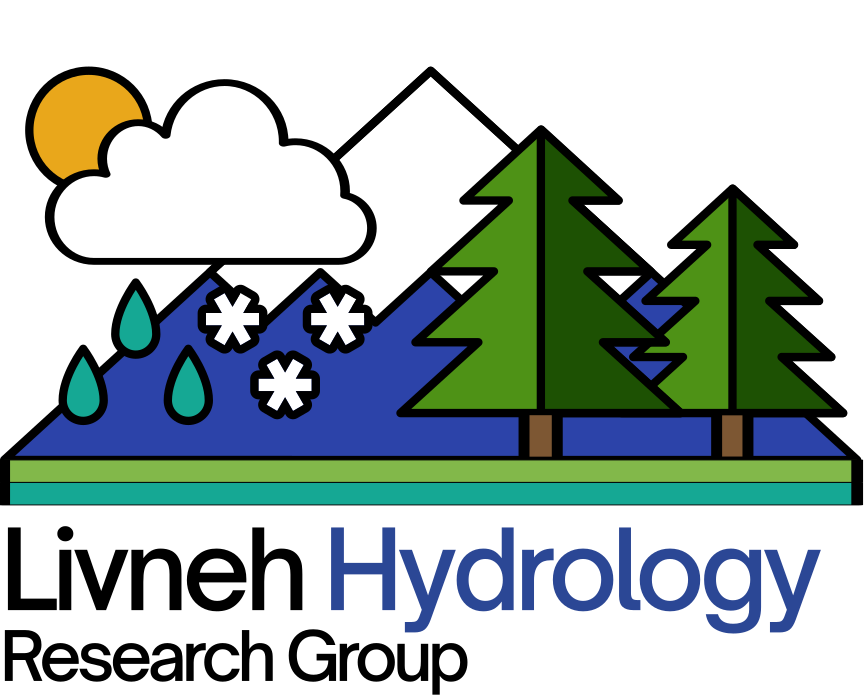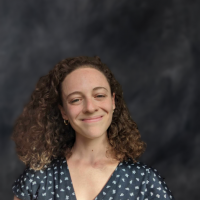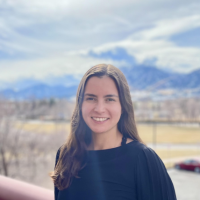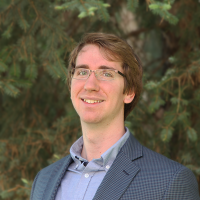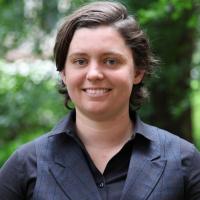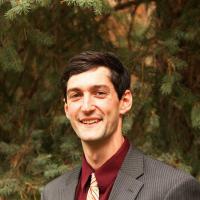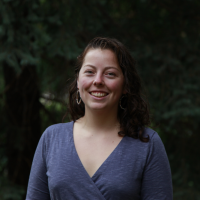Members
The primary research interests of my research group is in quantifying the hydrologic impacts of both climate change and land cover disturbance processes across multiple scales. The scientific community’s understanding of climate change continues to evolve, and so we need a flexible framework—models, observations, and communication—to evolve together with this understanding. The tools we use in my research group to address these challenges involve integrating observations with modeling and statistics, to attribute causes and improve process understanding.
Civil, Environmental and Architectural EngineeringPh.D., University of Washington, 2012
Full Profile
Justin is a CIRES affiliate and an Assistant Research Scientist with the University of Maryland and NASA Goddard. Prior to this, Justin was a CIRES Visiting Postdoctoral Fellow in the Water and Climate Research Group, where his research focused on investigating the sensitivity of wildlife habitat estimates to snow modeling decisions. Justin's current research focuses primarily on seasonal snowpack, including research topics focused on improving montane snow estimates using data-driven approaches, and strategies for observing global snow water storage from satellite remote sensing.
University of Maryland Earth System Science Interdisciplinary Center and NASA Goddard Hydrological Sciences LaboratoryPh.D., University of Washington, 2021
Full Profile
Nels Bjarke is research scientist with the Western Water Assessment and CIRES. His primary research encompasses evaluating drought of all forms across North America and the sensitivity of the classification of drought to the non-stationarity of the climate. Nels utilizes multiple streams of hydroclimate data to build tools and datasets that improve our understanding of how climate change has historically and will continue to impact surface water availability. Nels has a M.S. in Earth and Planetary Science from the University of New Mexico and a Ph.D. in Civil, Environmental, and Architectural Engineering from the University of Colorado, Boulder.
Western Water Assessment (WWA); Cooperative Institute for Research in Environmental Sciences (CIRES)Ph.D., University of Colorado Boulder, 2023
Full Profile
Matthew is currently pursuing his MS in civil engineering, with a focus in Hydrology, Water Resources, and Environmental Fluid Mechanics. His research currently focuses on how drought propagates through meteorological, hydrological, and agricultural systems. Previously, Matthew graduated from Colby College in 2021, with a BA in Biology. Before starting his MS, he worked for an EPA contractor on water quality and watershed health projects, performing data analysis and developing web applications.
Civil, Environmental and Architectural EngineeringFull Profile
Jeremy Barroll is currently pursuing a PhD in civil engineering. Jeremy’s research presently focuses on small-scale variability in the prediction of water supply in mountainous regions using remotely-sensed sea surface temperature data, as well as differences in atmospheric mechanisms that may explain this variability. The goal of this is to increase the predictive accuracy of large lead time water supply forecasting for small mountain watersheds. Jeremy previously received a BS in civil and environmental engineering from UC Berkeley. Since then, he has worked at an irrigation district in Central California to learn more about the unique water supply and infrastructural challenges facing that region. Jeremy also holds a Professional Engineer license in California.
Civil, Environmental, and Architectural EngineeringFull Profile
Gillian is a Ph.D. student at the University of Colorado Boulder. Her current research is focused on the influence of seasonal snowpack on thresholds related to species' habitat in the western United States. Gillian completed her M.S. in Civil Engineering at Purdue University in 2023, and earned a graduate certificate in GIS. Her previous research involved evaluating methods to improve the simulation of urban flooding using hydrologic models. She also graduated with a B.S. in Civil Engineering from the University of Vermont in 2020.
Civil, Environmental, and Architectural EngineeringFull Profile
